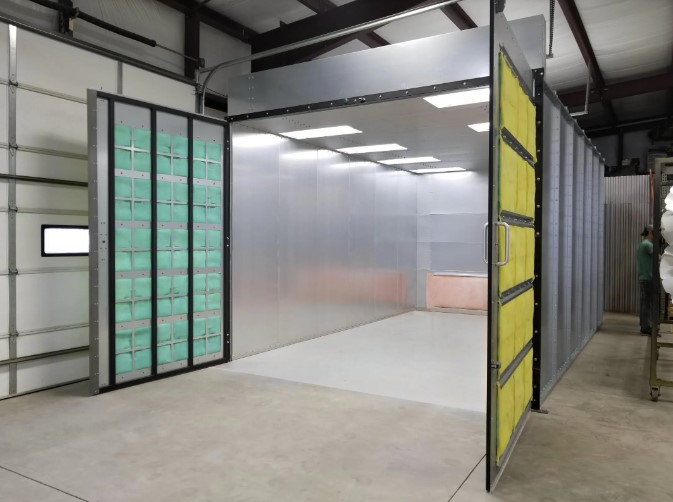Electronic payment of utility bills rises by N576bn
Investing on electronic expenditures these kinds of as electricity, PayTV, and other utilities rose by N576.41bn calendar year-on-12 months, in accordance to facts from the Nigeria Inter-Financial institution Settlement Method.
The info disclosed that N2.63tn was spent on e-payments from January 2022 to November 2022, a 28.14 per cent improve from the N2.05tn that was put in in the corresponding interval of 2021. While the price of e-expenditures pay rose substantially in 2022, quantity fell by 31.99 for each cent from 841,796 in the 11 months of very last yr to 1,111,087.
In accordance to the NIBSS, e-expenditures are everyday invoice transactions that are available and seamless. It reported, “E-BillsPay is an digital invoice payment system that facilitates the payment of expenditures, fees, levies, rates, and subscriptions, and so forth. by the banking general public through digital payment channels delivered and managed by financial institutions.”
It additional that the touch details for these payments incorporate financial institution branches, Net banking, mobile banking, USSD, and agent networks.
A current study by Mastercard disclosed that 91 per cent of respondents in Nigeria reported they utilised digital platforms to make financial transactions. The report titled ‘Financial Inclusion – Connecting Folks to Finance, Wellness, and Education’ discovered that 46 for every cent of complete respondents in all the international locations in the survey was carried out selected utility monthly bill payments and obtaining salary as the most employed electronic economic transactions, adopted by getting products and expert services.
It said, “There is now a greater awareness of cellular revenue, put together with a broader diversification in its utilizes. Buyers are now far more open to using mobile dollars for much more than just transactions.
“They are using credit history, price savings, and insurance plan products and solutions in many situations, cellular dollars is being applied to obtain payments for providers or products. People are also paying out charges and buying products and solutions utilizing cellular income.”
The Mastercard MEA Inclusion Survey 2021 indicated that 46 per cent of respondents picked utility bill payments and receiving salary and other payments as the most made use of digital economical transactions, followed by buying items and products and services.
“Money transfers to and from spouse and children and pals come in as the fifth most utilised electronic transaction, followed by saving and expense payments.”
In an previously interview with The PUNCH, a telecom sector professional, who did not want his title in print, disclosed that cellular adoption is driving the development of e-payments payments. The skilled described that ease and velocity were being things contributing to the growth of the payment channel.
The pro said, “When persons make payments, they do not have to wait for a prolonged even though right before it demonstrates. Men and women can fork out on the go and get the assistance right away.
“Convenience and speed are the two important drivers for it. Now that we are conversing about fiscal inclusion with PSBs and other cell money in areas with no accessibility to banking companies, individuals can use telephones to carry out financial transactions.”
In accordance to the expert, convenience and pace are what are driving the increase in cellular transactions. “Mobile is driving this adoption speedy. As I have explained, cellular permits on-the-go payment. It is not spot-based. Mobile is the way to go cell is what is driving adoption.”
It is predicted that the advancement of e-payments spend would carry on, specially with the Central Bank of Nigeria’s new coverage on cashless transactions.
In its ‘Naira Redesign Plan – Revised Income Withdrawal Limits,’ the CBN mentioned, “Customers should really be encouraged to use substitute channels (Web banking, mobile banking apps, USSD, playing cards/POS, eNaira, etc.) to perform their banking transactions.”



:quality(70)/cloudfront-eu-central-1.images.arcpublishing.com/irishtimes/SL4ZJEXTC5DIXNN4OZFLJTU4UE.jpg)


